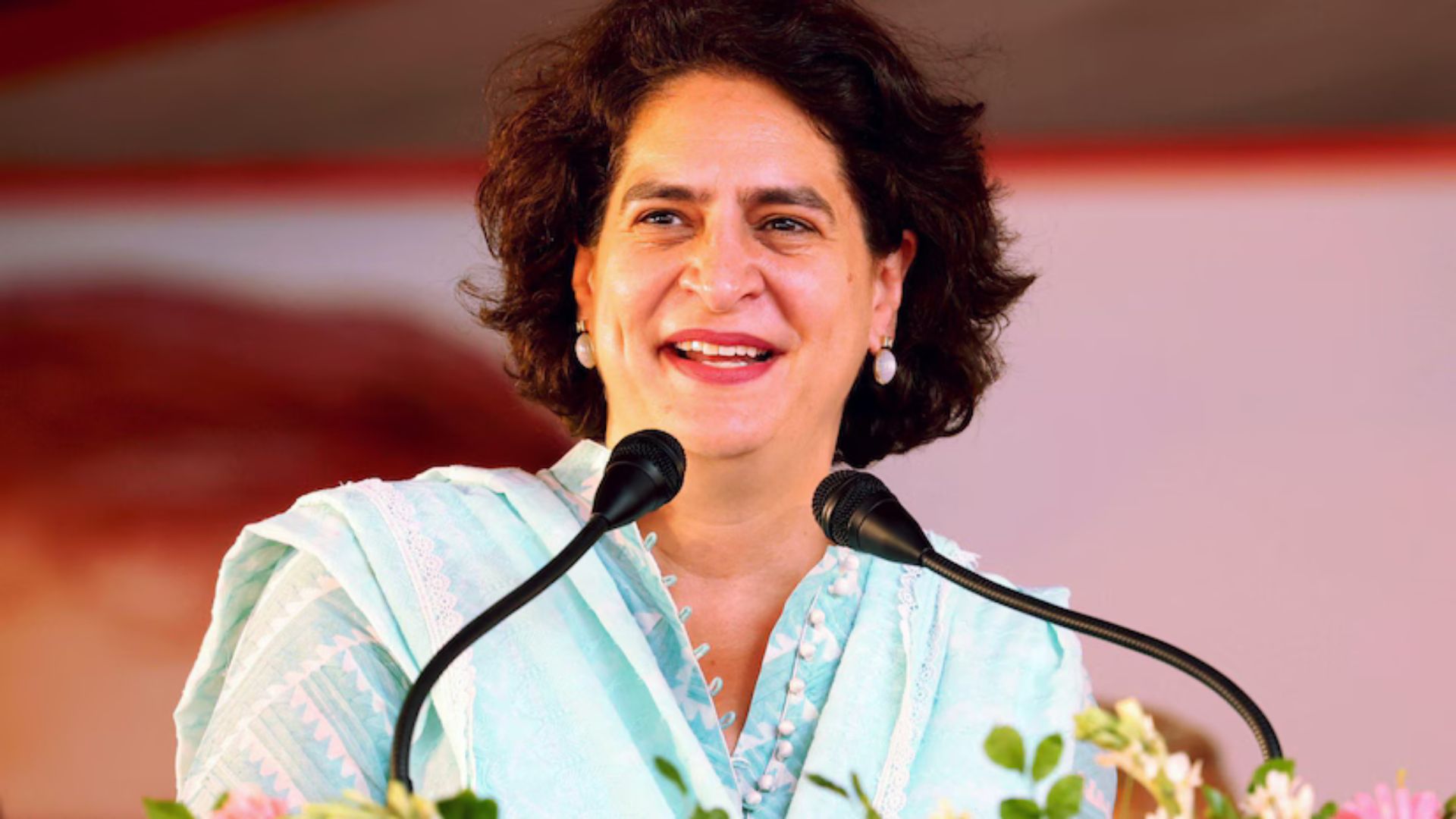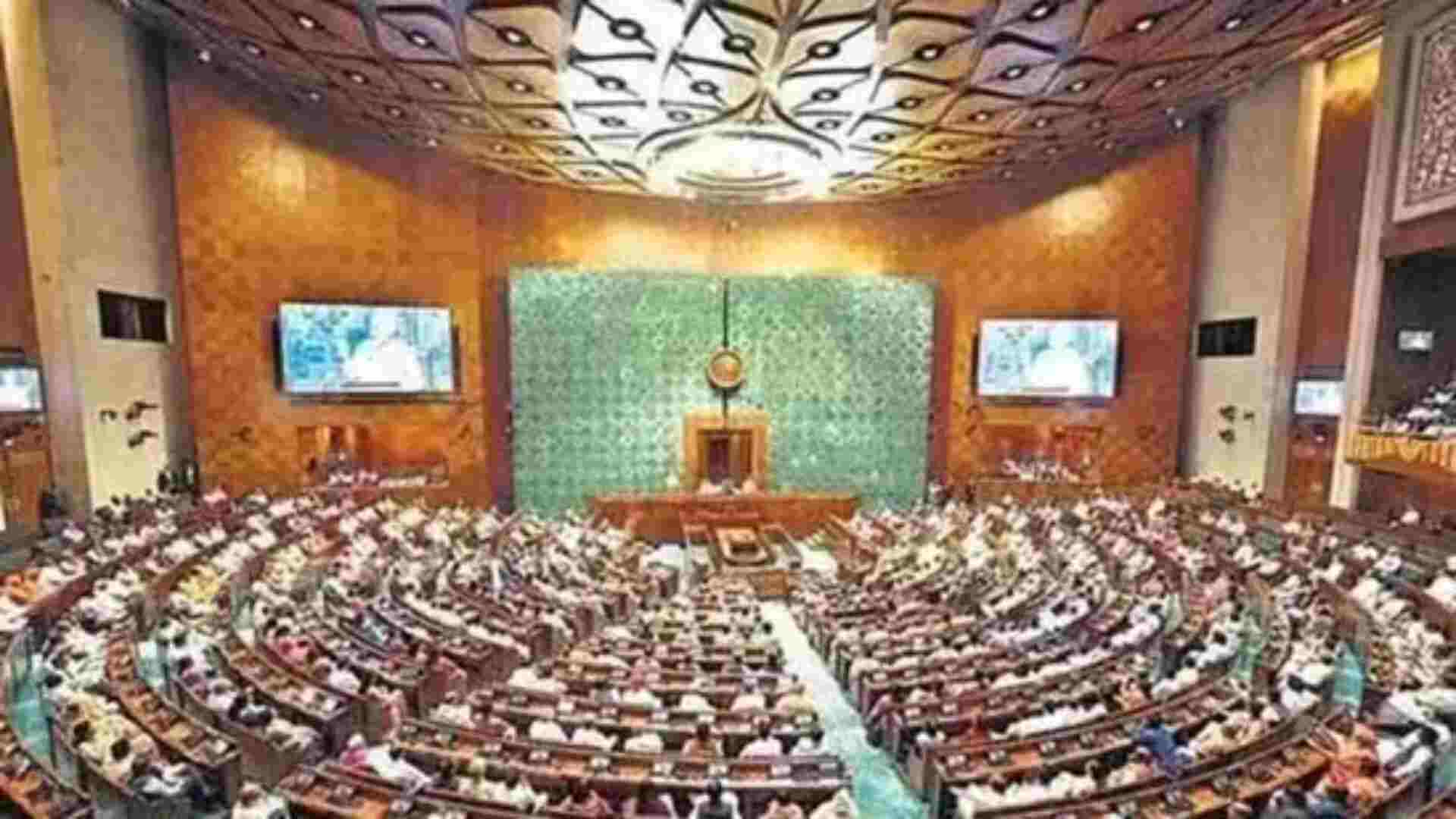
On Sunday, Germans in two eastern states were casting their votes, with the far-right Alternative for Germany (AfD) on track to achieve a historic victory. In Thuringia, the AfD leads with 30% support, while in Saxony, it is neck-and-neck with the conservatives, both polling between 30-32%. This could mark the first time a far-right party has topped the polls in a German state parliament since World War II.
Despite its strong performance, the AfD is unlikely to secure a majority, as it falls short of the necessary seats and other parties are unwilling to form coalitions with it. The rise of the AfD and the newly established Sahra Wagenknecht Alliance (BSW), a populist party led by a former communist, could complicate coalition negotiations.
Voter concerns in the former Communist-run East are focused on issues such as the cost of living crisis, immigration, and the Ukraine war. Recent events, such as a deadly stabbing linked to Islamic State in Solingen, have intensified fears about immigration. Bjoern Hoecke, the AfD leader in Thuringia, has leveraged these concerns in his campaign, despite his controversial views and legal troubles.
The federal coalition led by Chancellor Olaf Scholz is expected to face significant losses in the state elections. The Greens and Free Democrats are struggling to meet the 5% threshold needed for parliamentary representation. The poor showing in the East could further strain the coalition, which is already plagued by internal conflicts.
The BSW, which combines socially conservative and economically leftist positions, is projected to secure 12-20% of the vote. Its rise poses a threat to Scholz’s Social Democrats and could influence state politics, though its foreign policy stance makes it an unlikely partner for mainstream parties.
The elections highlight the enduring divide between East and West Germany, with the AfD and BSW expected to capture 40-50% of the vote in the two states compared to their national support of 23-27.5%. Economic investments in the region have not alleviated local discontent, revealing persistent regional disparities more than 30 years after reunification.















